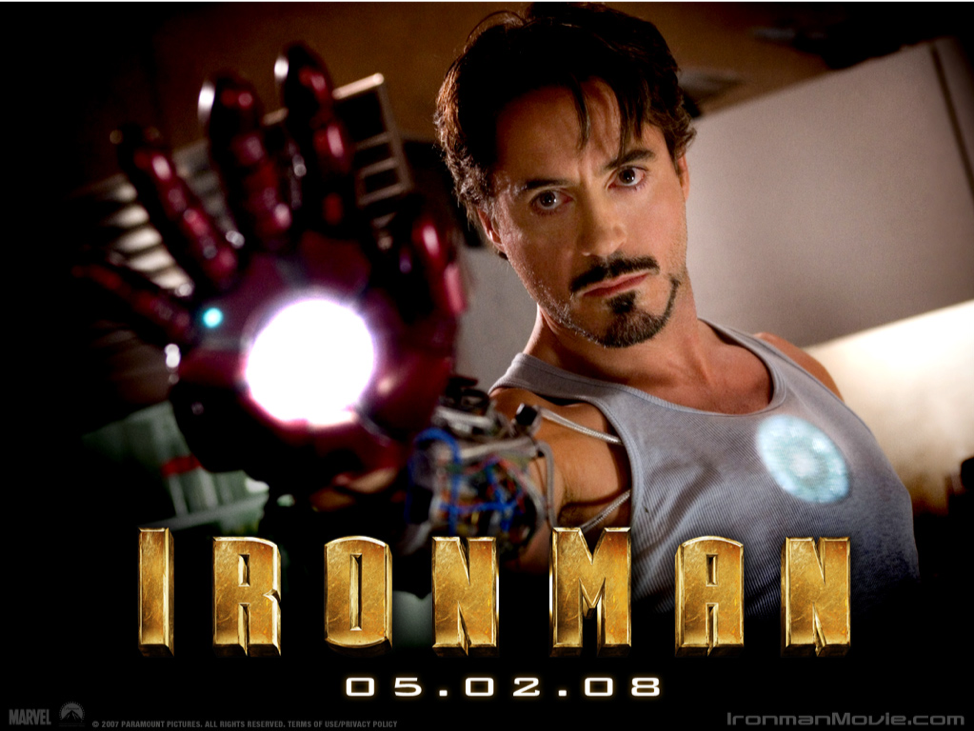In the opposite direction you have storytelling. This seems to be the opposite of reality entertainment in almost every way. It’s not new, it’s not easy to produce, and not everyone can do it. The fact that good storytelling is difficult and most movies and shows have little success hasn’t stopped the field of players from getting more crowded than ever. Now besides the traditional TV networks and movie studios, you have the new players of Netflix, Amazon Prime, and soon to be Apple.
But the success of Marvel Studios on the storytelling side is absolutely amazing. And it did so by going where studios hadn’t gone before. They created their cinematic universe and built movies upon an overarching storyline.
But the backstory to Marvel’s success is almost just as amazing as their movies. This company was in bankruptcy in 1996. They were so desperate for cash that they sold off their rights to Spider-Man and X-Men just to survive.
Now prior to Spider-Man, there really weren’t comic book movies except for Superman and Batman. So who knew that these movies would be big moneymakers? Marvel took the safe route and accepted small, upfront cash payments for the movie rights instead of a percentage of the profits. So when these movies became big blockbuster hits, Marvel shared in none of the profits.
After watching other studios getting rich off of their characters, Marvel decided it was time to start their own movie studio and reap 100% of the profits. This was a huge risk, because in order to do it Marvel had to take out a $525 million loan with Merrill Lynch. As collateral for the financing, Marvel had to offer up 10 properties. They could potentially lose all rights to Captain America, the Avengers, Nick Fury, Black Panther, Ant-Man, Cloak & Dagger, Doctor Strange, Hawkeye, Power Pack, and Shang-Chi. Needless to say, there would be no Marvel Cinematic Universe as we know it if their first movies bombed at the box office.
Another reason this was a huge risk is because, at the time, this was the B or C list of comic book characters. Listening to Ben Fritz of the Wall Street Journal on the Filmweek With Larry Mantle podcast, I learned the following. Sony bought Spider-Man and could have bought any of Marvel’s other properties but passed, because who wants to see a movie about the Guardians of the Galaxy? So Marvel has to have success quickly, or their movie aspirations were gone forever.
They also had a limited budget. One of the reasons that they chose Robert Downey, Jr. was because he was cheap. Tom Cruise had been campaigning to be Iron Man for years. But Marvel couldn’t afford a big movie star. My younger readers may not remember much prior to the first Iron Man movie. But Robert Downey, Jr. had fallen on hard times in the 90’s with substance abuse problems. He wanted to get back into movies and was willing to do anything to get back into acting, and the character of Tony Stark was a guy who struggled with his own demons and alcoholism.
Robert Downey, Jr. as Iron Man was a huge success. And the rest of the story is pretty widely known from here on out.



 RSS Feed
RSS Feed